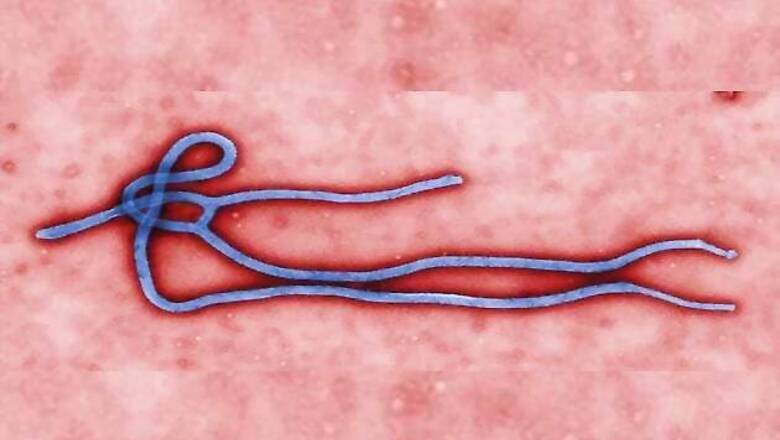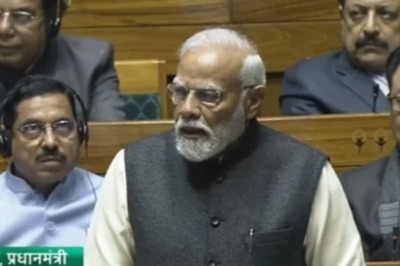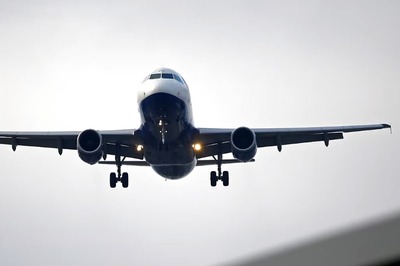
views
Washington: The world response to the deadly Ebola crisis in West Africa needs a major scale-up that should include military flights for delivering supplies, US lawmakers and leading doctors said.
The calls came amid new warnings from the World Health Organization that the viral outbreak is accelerating out of control, with 2,296 dead and 4,293 infected in Sierra Leone, Liberia, Guinea and Nigeria since the start of this year.
"The problem is that unless we have a massive scale-up of resources in the form of hospital beds, personnel, equipment, we are not going to be able to control this," said Anthony Fauci, director of the National Institute for Allergy and Infectious Disease.
"We need to do something at a much higher scale that we are doing now," he said.
"We are going to need thousands of more people, thousands of more beds," Fauci said.
"We probably will need some sort of military presence -- not with guns -- but military that have logistic capabilities of flying equipment in and out, this kind of thing."
Fauci said discussions are under way among top officials worldwide regarding how to contain the epidemic, which has fast become the largest Ebola outbreak in history.
The WHO has pledged USD 100 million to combat the Ebola spread, while the World Bank vowed USD 200 million, the European Commission USD 181 million, and the United States USD 75 million to combat.
The Bill and Melinda Gates Foundation this week also committed USD 50 million to UN agencies and international organization involved in the emergency efforts.
"Ebola most likely will not become a global health threat," wrote doctors Annette Rid of King's College London and Ezekiel Emanuel of the University of Pennsylvania, in the journal of the American Medical Association.
The virus only spreads among people in close contact with the bodily fluids of those infected, and most developed nations can sufficiently isolate the sick in order to ward off Ebola's spread.




















Comments
0 comment